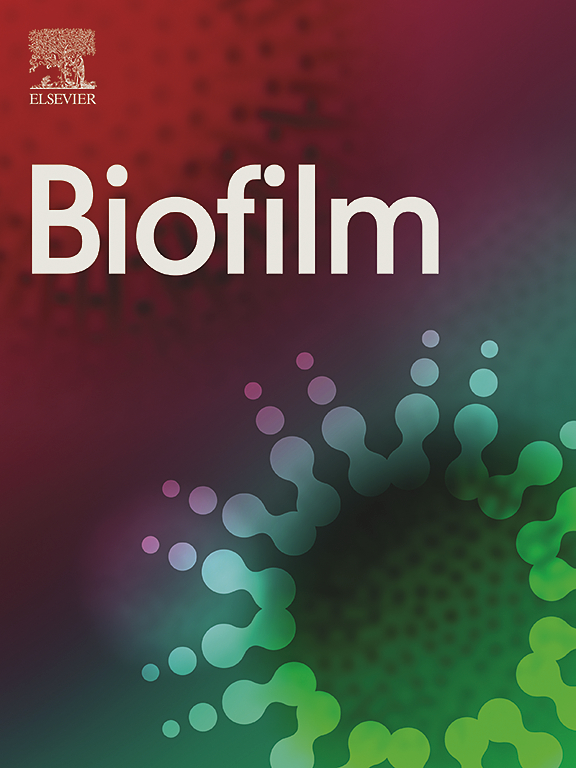Comprehensive analysis of immune subtype characterization on identification of potential cells and drugs to predict response to immune checkpoint inhibitors for hepatocellular carcinoma
IF 6.9
2区 医学
Q1 BIOCHEMISTRY & MOLECULAR BIOLOGY
引用次数: 0
Abstract
Immunosubtyping enables the segregation of immune responders from non-responders. However, numerous studies failed to focus on the integration of cellular heterogeneity and immunophenotyping in the prediction of hepatocellular carcinoma (HCC) patients' response to immune checkpoint inhibitors (ICIs). We categorized HCC patients into various immune subtypes based on feature scores linked to ICI response. Single-cell sequencing technology was to investigate the cellular heterogeneity of different immune subtypes and acquire significant ICI response-associated cells. Candidate drugs were identified using a blend of various drug databases and network approaches. HCC patients were divided into two distinct immune subtypes based on characterization scores of 151 immune-related gene sets. Patients in both subtypes showed varying overall survival, immunity levels, biological activities, and TP53 mutation rates. Subtype 1-related natural killer cells showed a positive correlation with immune-promoting scores but a negative correlation with immune-suppressing scores. Notably, docetaxel sensitivity in HCC patients rose as the levels of subtype 1-related natural killer cells increased. Our study demonstrated that immune subtypes have cellular heterogeneity in predicting response to ICIs. A combination of subtype 1-associated natural killer cells and docetaxel may offer new hope for ICI treatment in HCC.
求助全文
约1分钟内获得全文
求助全文
来源期刊

Genes & Diseases
Multiple-
CiteScore
7.30
自引率
0.00%
发文量
347
审稿时长
49 days
期刊介绍:
Genes & Diseases is an international journal for molecular and translational medicine. The journal primarily focuses on publishing investigations on the molecular bases and experimental therapeutics of human diseases. Publication formats include full length research article, review article, short communication, correspondence, perspectives, commentary, views on news, and research watch.
Aims and Scopes
Genes & Diseases publishes rigorously peer-reviewed and high quality original articles and authoritative reviews that focus on the molecular bases of human diseases. Emphasis will be placed on hypothesis-driven, mechanistic studies relevant to pathogenesis and/or experimental therapeutics of human diseases. The journal has worldwide authorship, and a broad scope in basic and translational biomedical research of molecular biology, molecular genetics, and cell biology, including but not limited to cell proliferation and apoptosis, signal transduction, stem cell biology, developmental biology, gene regulation and epigenetics, cancer biology, immunity and infection, neuroscience, disease-specific animal models, gene and cell-based therapies, and regenerative medicine.
 求助内容:
求助内容: 应助结果提醒方式:
应助结果提醒方式:


